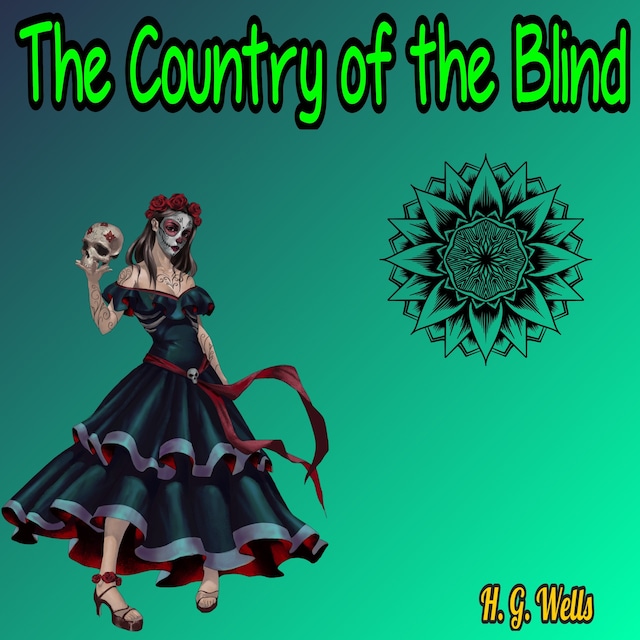
The Country of the Blind
Description of the book
The Country of the Blind by H. G. Wells is a short story by English writer H. G. Wells. It was first published in the April 1904 issue of The Strand Magazine and included in a 1911 collection of Wells's short stories, The Country of the Blind and Other Stories. It is one of Wells's best known short stories, and features prominently in literature dealing with blindness.
Plot summary
While attempting to climb the unconquered crest of Parascotopetl (a fictitious mountain in Ecuador), a mountaineer named Nuñez slips and falls down the far side of the mountain. At the end of his descent, down a snow-slope in the mountain's shadow, he finds a valley, cut off from the rest of the world on all sides by steep precipices.
Unknown to Nuñez, he has discovered the fabled "Country of the Blind". The valley had been a haven for settlers fleeing the tyranny of Spanish rulers, until an earthquake reshaped the surrounding mountains, cutting the valley off forever from future explorers. The isolated community prospered over the years, despite a disease that struck them early on, rendering all newborns blind. As the blindness slowly spread over many generations, the people's remaining senses sharpened, and by the time the last sighted villager had died, the community had fully adapted to life without sight.
Nuñez descends into the valley and finds an unusual village with windowless houses and a network of paths, all bordered by kerbs. Upon discovering that everyone is blind, Nuñez begins reciting to himself the proverb, "In the Country of the Blind, the One-Eyed Man is King".[a] He realizes that he can teach and rule them, but the villagers have no concept of sight, and do not understand his attempts to explain this fifth sense to them. Frustrated, Nuñez becomes angry, but the villagers calm him, and he reluctantly submits to their way of life, because returning to the outside world seems impossible.
Format:
Language:
English


